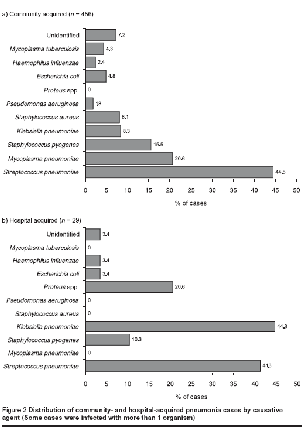
Opening antibiotic revolution in medicine. Antibiotics can cure almost all common diseases. However, there are certain substances that can either enhance or suppress the action of antibiotics on the human body. One of these substances must not be confused with antibiotics alcohol. Alcohol affects antibiotics? Alcohol is unlikely to reduce the effect of antibiotics. However, it may extend the period of recovery in combination with certain antibiotics like doxycycline. Antibiotics have their own mechanisms of the body and exit the body. These mechanisms vary depending on the type of antibiotics. Some antibiotics are destroyed in the liver and then passed through the urine, and some of them directly out of the body through feces. These mechanisms determine the duration for which the antibiotic is active in the body, and doses for their consumption. The only way alcohol can affect the mechanism is to increase the excretion rate and the speed with which they are destroyed in the liver. This obviously leads to delayed action of antibiotics or increased need for higher doses. However, it is only in the case of certain antibiotics and not all. Thus, it is true that alcohol reduces the effects of antibiotics in general. Alcohol and antibiotics combination - Side effects of alcohol on antibiotics may vary from specific antibiotics. Some antibiotics and alcohol produce similar side effects include indigestion, dizziness, drowsiness strattera online, nausea, etc. When some antibiotics like metronidazole (Flagyl), tinidazole (Tindamax) and trimethoprim-sulfamethoxazole (Bactria) is mixed with alcohol can lead to serious side effects as headache, flushing, palpitations, vomiting, etc. Reasons for refusal of alcohol with alcohol Antibiotics competes with antibiotics and the same set of enzymes of metabolism. Therefore, the antibiotic should remain in the blood for a long time, so the chances of patients experiencing side effects of antibiotics also increases. On the other hand, long-term consumption of alcohol also stimulates the production of enzymes of metabolism, which in turn reduces the amount of antibiotics in the body and therefore increases the need for more doses. Once these enzymes are activated, they remain in the blood even after traces of alcohol is excreted from the body. Long-term alcohol consumption activates certain enzymes, which in combination with antibiotics does not form harmful substances. This is the reason why people who recently came out of alcohol rehabilitation will take longer to recover than a teetotaler. Alcohol also increases the sedative effect of some antibiotics. Alcohol can affect antibiotics in these areas. However, some antibiotics do not show any complications in combination with alcohol. Antibiotics like metronidazole, tinidazole, furazolidone (Furoxone), griseofulvin (Grisactin), antimalarial akryhin (Atabrine) should be strictly avoided in combination with alcohol. Although a direct link between alcohol consumption and antibiotics remains controversial, we can not ignore the fact that this combination has the potential to cause death. So better to avoid alcohol entirely while you are on antibiotics. .
No comments:
Post a Comment